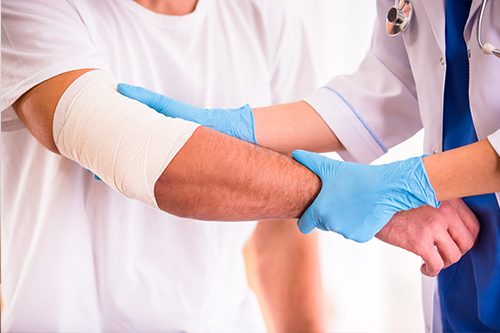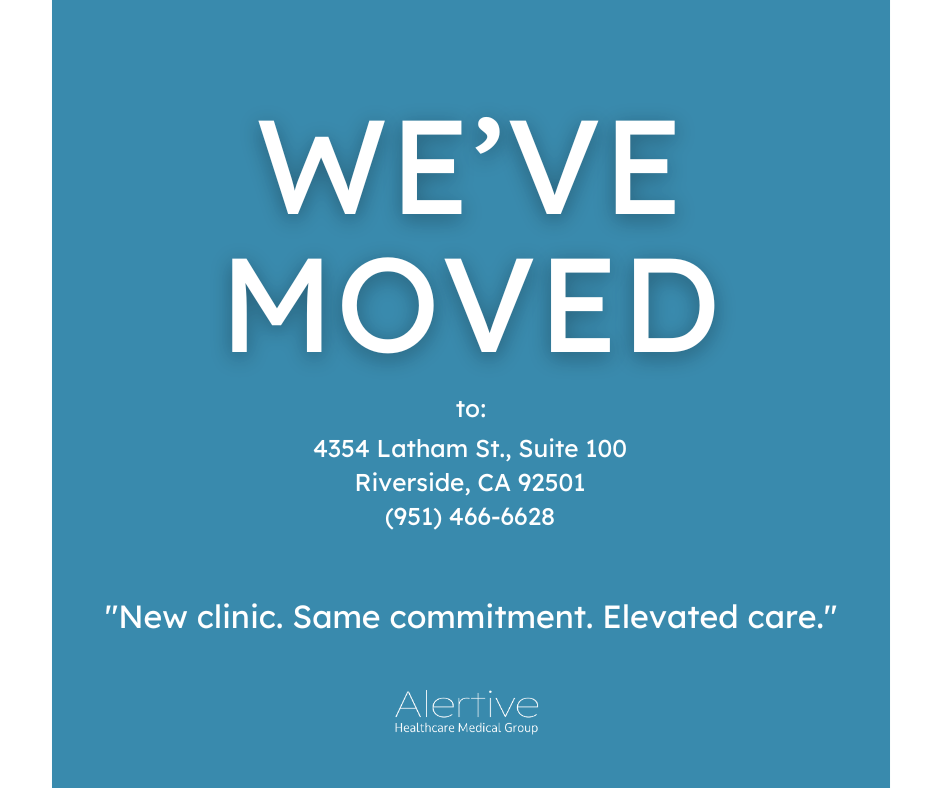
What to Expect When Receiving Wound Care
There are a number of reasons why you might need specialized wound care, from complications of underlying health conditions to traumatic wounds that won’t heal on their own. Diabetes, for instance, can damage nerves, dulling your pain receptors. While it seems like a good thing to not feel pain, the fact is that pain is how your body tells you something is wrong and that you need help. If you can’t feel pain, you don’t know how serious your wound is, and without treatment, it could get infected, leading to even worse health outcomes. That’s why diabetic wounds often need to be assessed by wound care specialists.
If you’ve had a major surgical procedure, you’ll have a surgical wound at the site of incision. These types of wounds often require specialized care to ensure that they heal properly and with minimal scarring.
Or maybe you need treatment for a burn or traumatic wound suffered in an accident. Maybe it seemed manageable enough at first, but now it just isn’t healing or it looks infected. Whatever the cause of the wound, we can develop a personalized treatment plan to help you heal properly. Here’s what to expect when you enter wound care with Alertive Healthcare.
Why Seek Wound Care?
Without treatment, some wounds won’t heal properly, affecting your quality of life and long-term health. Some wounds are at risk for serious complications like infection or amputation. Underlying health conditions can exacerbate these negative outcomes.
First Visit
Our experienced team of wound care experts has a variety of treatment options at their disposal depending on your medical history and specific needs. On your first visit, we will assess your wound and review your medical history. Assessing the wound involves grading your pain levels, checking for signs of infection, and determining how much tissue around the wound is viable or non-viable. Non-viable tissue includes dead tissue that will get in the way of proper healing. It is removed in a process called debridement.
Factors like current medications, activity level, obesity, and lifestyle factors such as diet and tobacco or alcohol use may affect the treatment options available to you. Ongoing medical conditions like diabetes will also affect how we care for your wound
With that vital information in hand, we can begin to develop a personalized treatment plan. Our goal is not just to assess and treat the wound, but to treat the whole patient.
Ongoing Care
Throughout the healing process, you’ll check in with us periodically so we can see how your wound is healing. Depending on the nature of your wound, you may receive advanced treatments such as Negative Pressure Wound Therapy (NPWT) or Wound VAC. This device applies gentle suction to a wound to remove excess fluid and bacteria. The procedure also decreases swelling and promotes faster healing.
That’s just one of the many procedures and interventions we offer. Depending on how your healing is progressing, we may update your wound care plan.
Caring for Your Wound at Home
We will also provide you with education to care for your wound at home. This may include how to keep from exacerbating the wound, change your dressings, or apply antibiotic ointment (if we’ve prescribed it). The device is worn continuously. The dressing will be changed periodically by your Alertive Healthcare team.
Let’s Heal Together
The goal of your experienced, highly skilled Alertive Healthcare team is to find the best wound care treatment for your medical history and lifestyle and to empower you with the education you need to heal thoroughly even when we’re not there.
